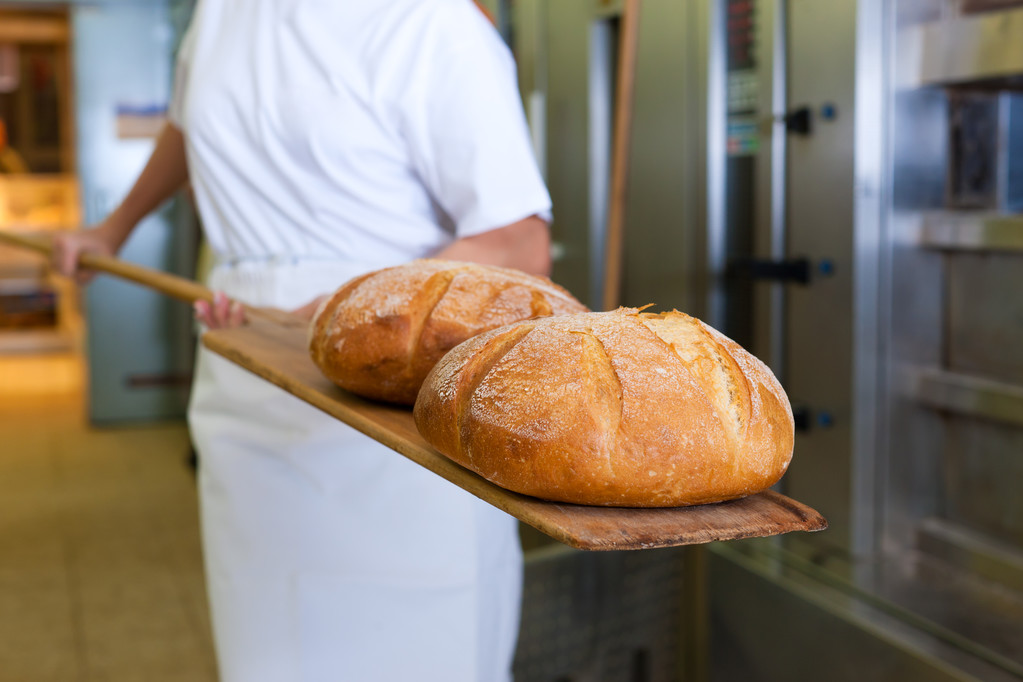A warm roll from the bakery can sweeten the morning for many. But experts now advise caution, because the white flour rolls that many of us like to eat are not healthy for us in the long run. We explain what the concerns about the white flour diet are all about.

Higher blood pressure from white flour
According to the analysis, people who ate more than 350 grams of white flour products per day had a 27 percent higher risk of premature death than those who ate less than 50 grams of refined grains per day. Higher refined grain intake was also consistently associated with higher blood pressure.
Although white rice is also a refined grain, the researchers could not find any increased risk here.
Even in the group with the highest consumption of more than 450 grams per day, there was no increased risk of premature mortality or a heart attack.
Replace white flour products with whole grain products
The study only demonstrated an association but did not examine the underlying causes of the association. For this reason, the analysis provides only indications, but no definitive causality. However, there are good possible reasons for this association.
The researchers advise replacing white flour products with whole grain cereals. With whole grain products, the whole grain is processed, making the products more nutritious. They are richer in protein, fiber, B vitamins, and many other nutrients that may help lower blood pressure, reduce gum disease, boost the immune system, and help manage weight.
White flour products contain mostly simple carbohydrates and are very starchy. After consumption, blood sugar rises rapidly and leads to high glucose concentrations in the blood. Over time, these fluctuations in blood sugar can lead to weight gain and, in the worst case, diabetes.




